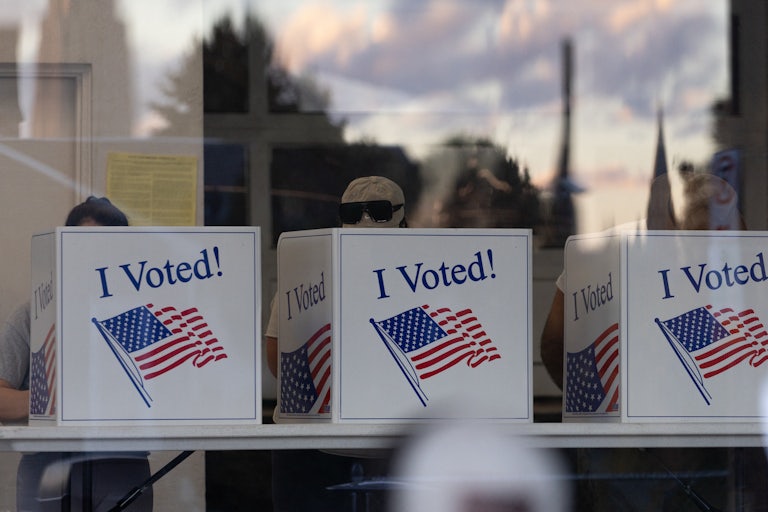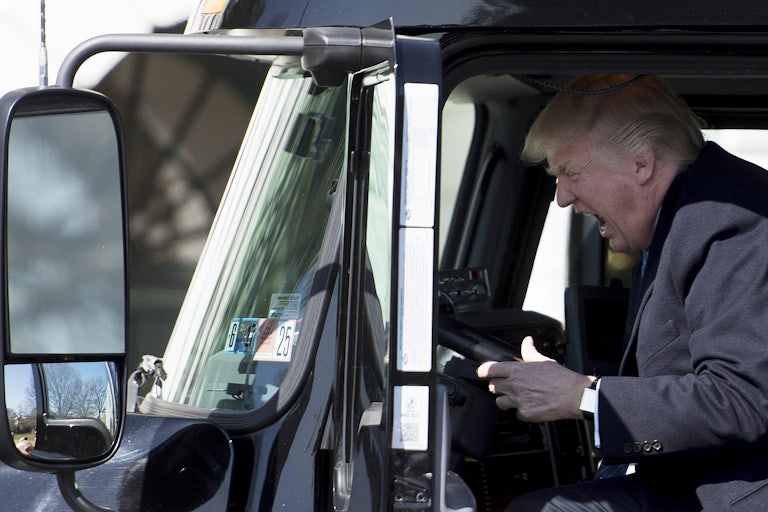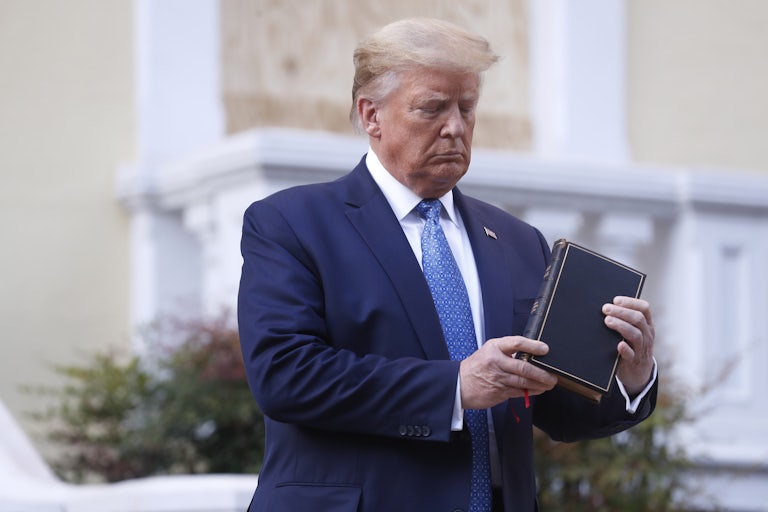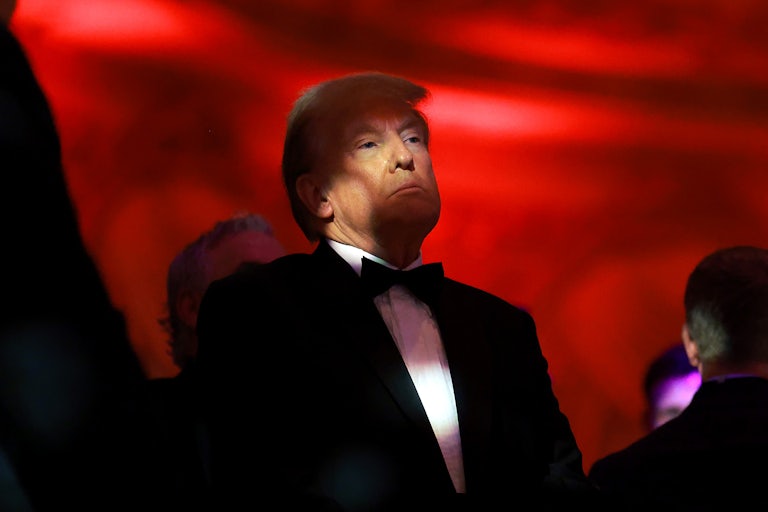Pennsylvania Supreme Court Throws Out Votes as Senate Recount Begins
The Pennsylvania state Supreme Court has ruled some votes cannot be counted.

The recount for Pennsylvania’s U.S. Senate race won’t count undated or incorrectly dated mail-in ballots, a major blow to voting rights.
In an opinion filed Monday, the Pennsylvania Supreme Court ruled that ballots that failed to arrive with a correct handwritten date on the return envelope, and thereby failed to comply with the requirements of the state election code, would not be included in the final vote tally in the race between Senator Bob Casey and his Republican opponent, Dave McCormick.
McCormick was deemed the winner of the race nearly two weeks ago, nabbing 48.9 percent of the vote with 99 percent reporting compared to Casey’s 48.5 percent. As the week wore on and Pennsylvania’s various counties continued to tally their ballots, it became evident that the competitors were separated by fewer than 23,000 votes. By Monday, that number had dwindled to 17,000 out of almost seven million ballots that had already been recounted, reported the Associated Press.
Democratic-controlled election boards in three counties—Montgomery, Philadelphia, and Bucks Counties—had argued that an incorrect date said nothing about the voter’s eligibility to cast their ballot.
The Republican National Committee and the Pennsylvania Republican Party filed an emergency request on Thursday, asking the state Supreme Court for an immediate ruling on the case, contesting that the date was still a key component to ballot security.
The court ruled 4–3 in their favor on Monday, with Justices Kevin Brobson, Sallie Updyke Mundy, Kevin Dougherty, and David Wecht slamming some of the counties for considering the ballots.
“It is critical to the rule of law that individual counties and municipalities and their elected and appointed officials, like any other parties, obey the order of this court. As Justice Felix Frankfurter once wrote: ‘If one man can be allowed to determine for himself what is law, every man can,’” wrote Justice Wecht in a statement, joined by Justice Mundy. “‘That means first chaos, then tyranny.… The greater the power that defies law the less tolerant can this Court be of defiance.’”








